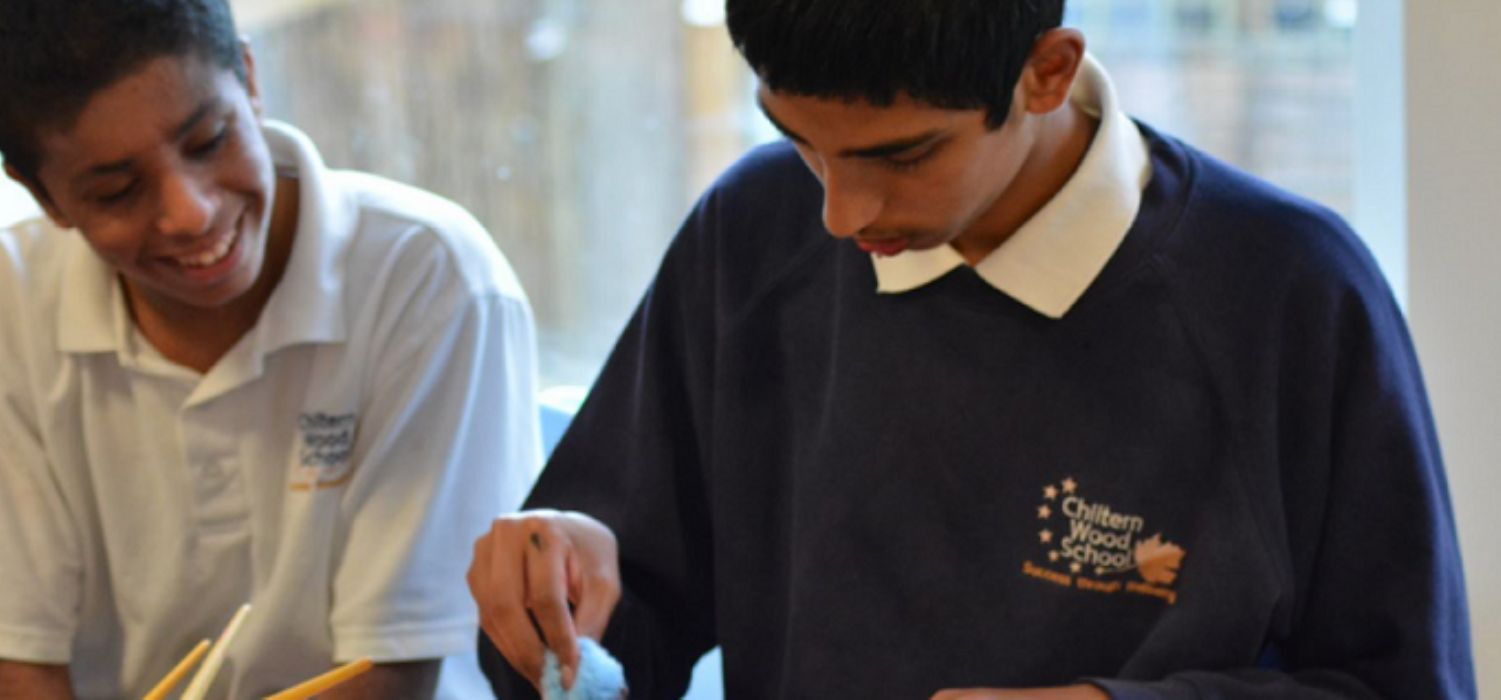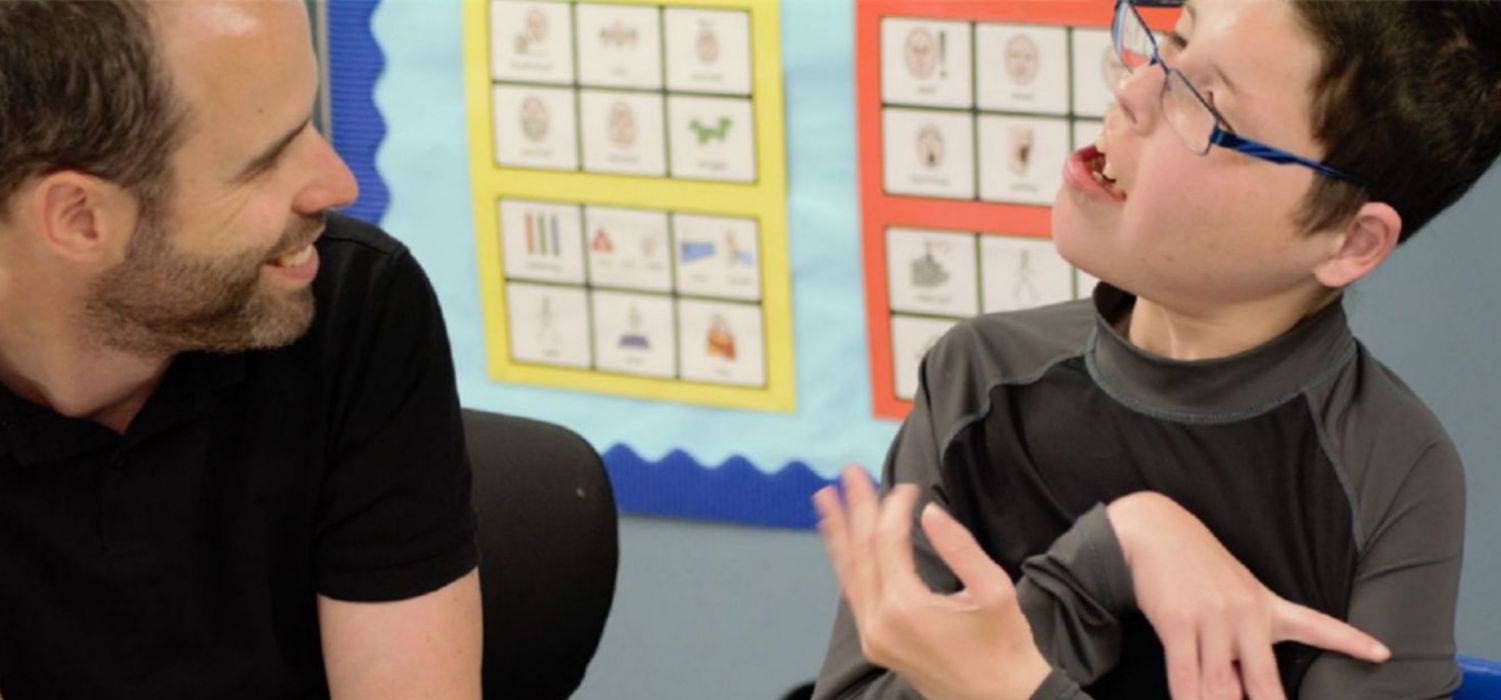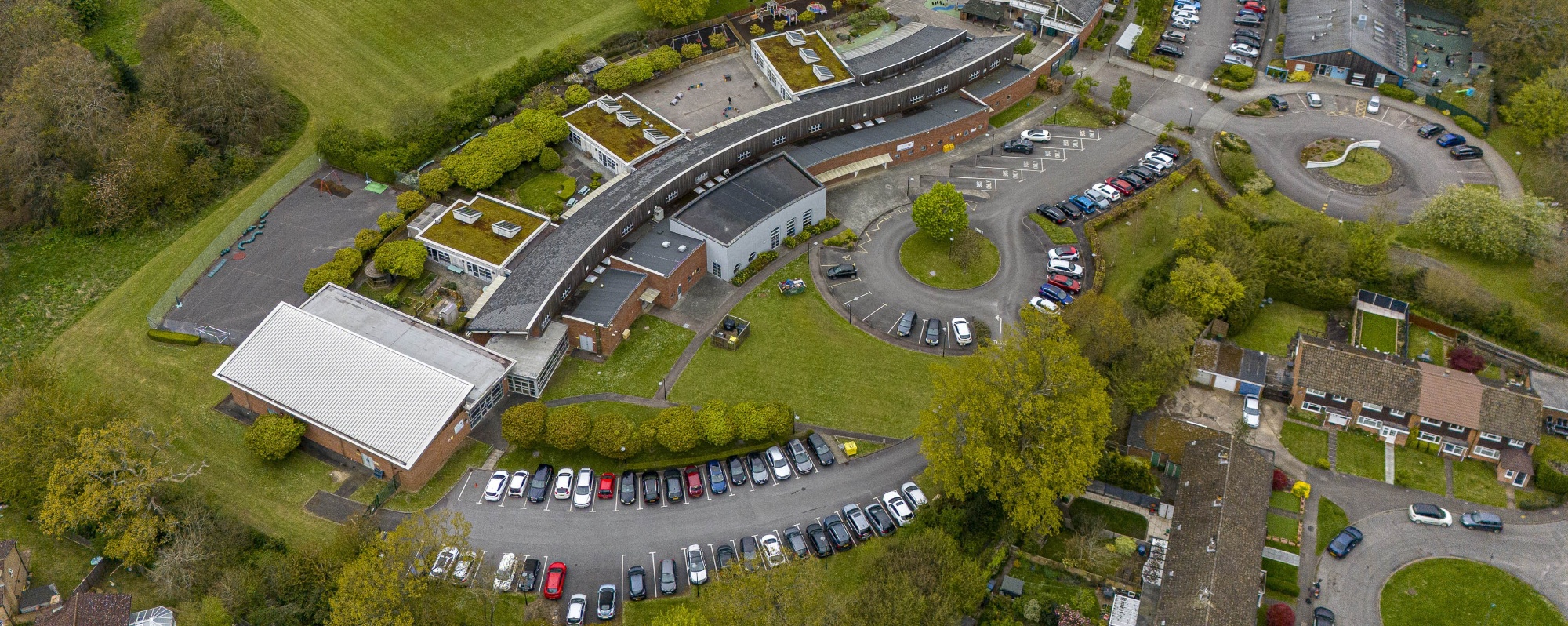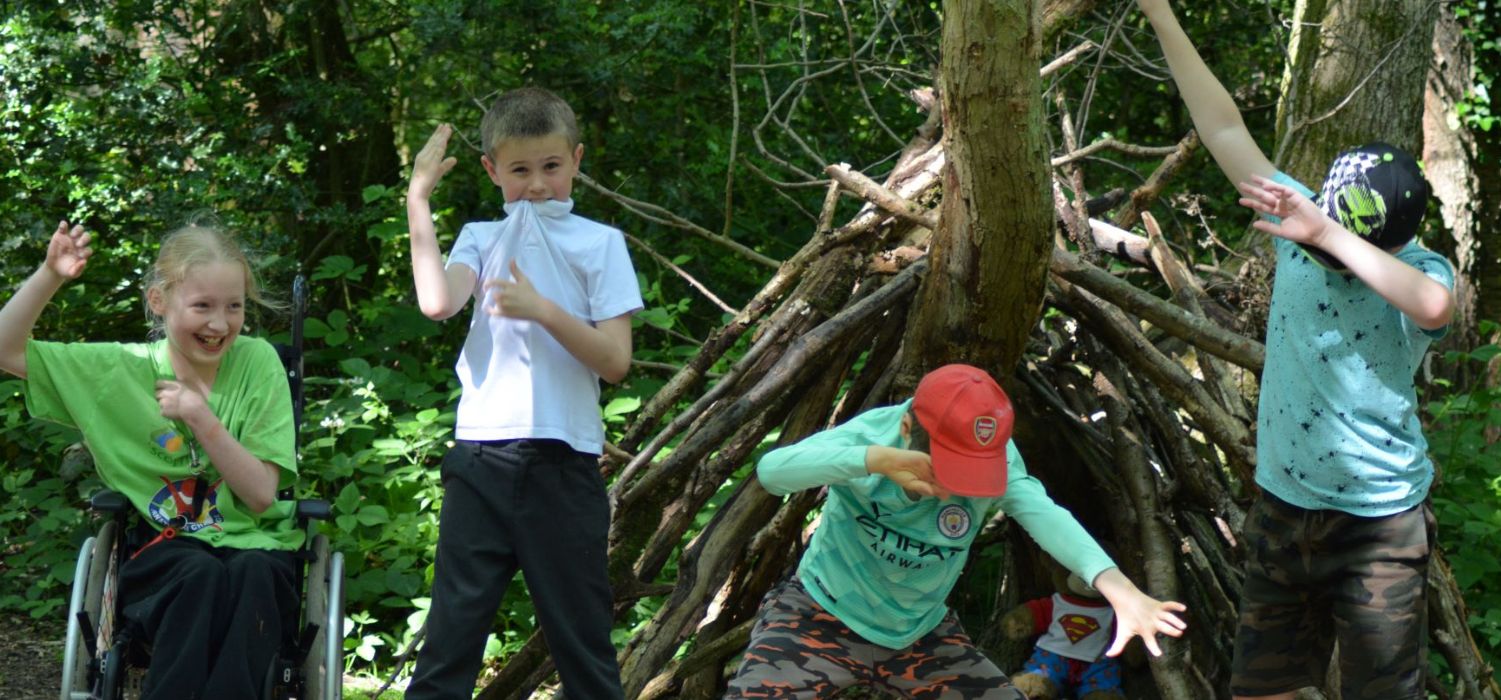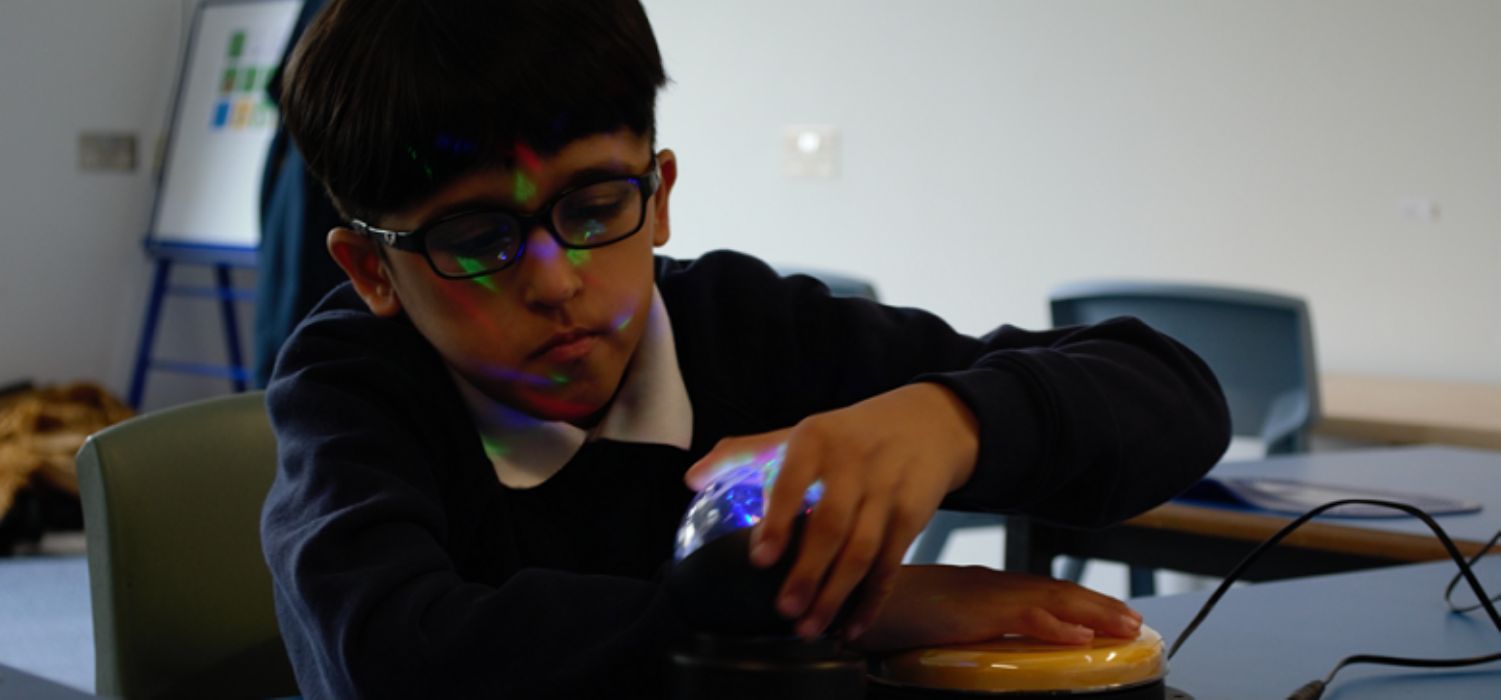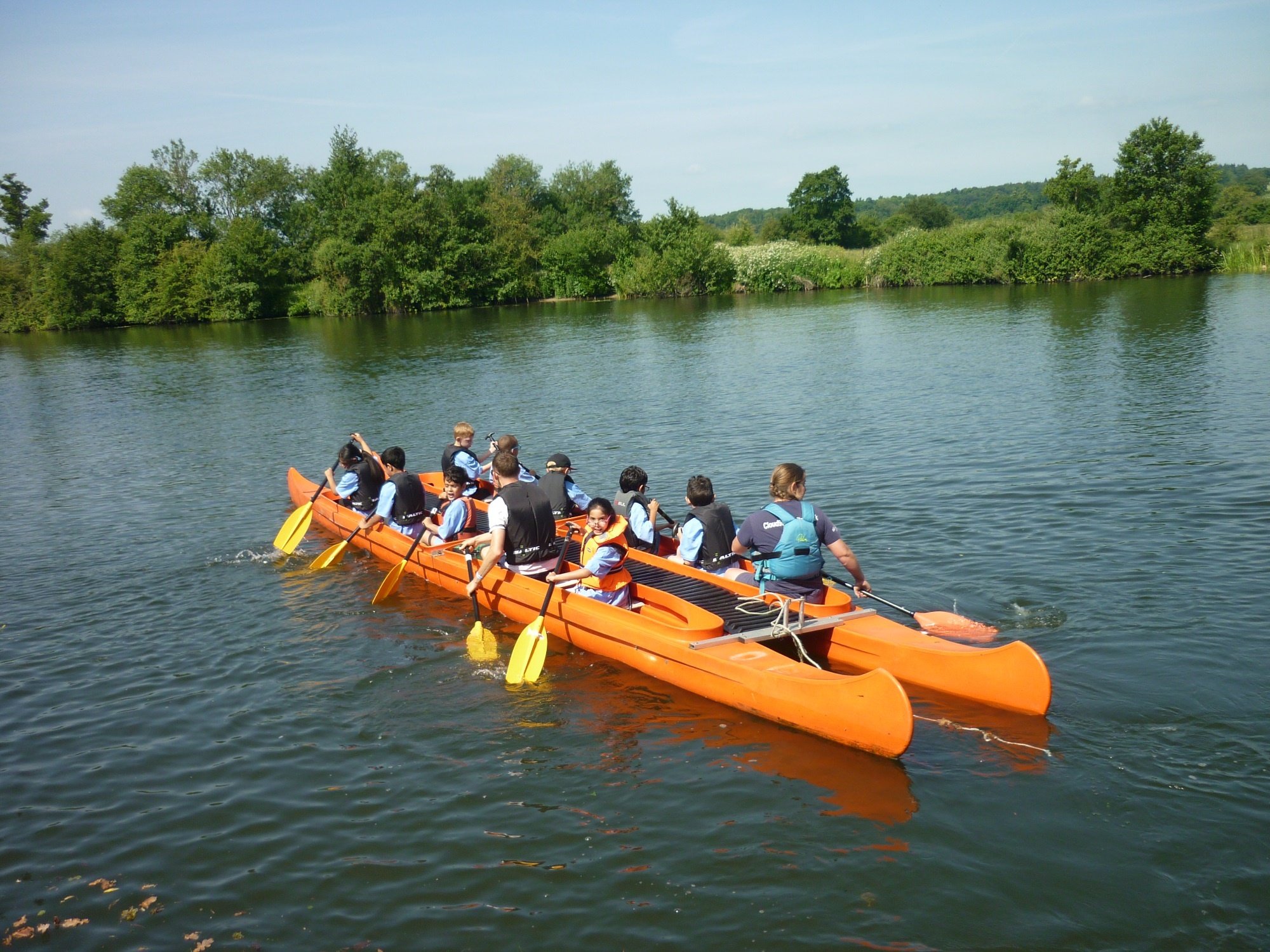SEND Information
What kinds of special educational needs are provided for at Chiltern Wood School?
Chiltern Wood School is a state-maintained special school, and as such, all pupils have an Education, Health, and Care Plan (EHCP). We cater for pupils age 4 - 19 who have severe, complex or profound learning difficulties, including:
- Sensory impairment
- Sensory processing needs
- Profound or severe developmental delay
- Autism spectrum condition
- Downs Syndrome
- Profound physical and / or medical needs
- All pupils at CWS have speech, language and communication needs
- Cerebral palsy
As all our pupils have additional needs and an EHCP in place prior to attending, we do not have an assigned Special Educational Needs Coordinator (SENCO). Please send any enquires to:
office@chilternwood.bucks.sch.uk
What are the school’s policies for identification and assessment of pupils attending the school?
All pupils will have an Education Health Care Plan.
What are the arrangements for consulting parents and involving them in their child’s education?
At Chiltern Wood we encourage parents to be included in the process of the education their children. This includes:
- Initial visits to the school
- Parents’ evening
- Annual review meeting and report
- Annual report on pupil progress
- School events and celebrations
- Parental representation on the Governing Body
- Parent forum
- Daily communication via diary or Class Dojo or in person at arrival or pick-up
- Parents and carers are welcome to visit the school, by appointment, at any time.
What are the arrangements for consulting young people and involving them in their education?
We listen to the pupils and involve them in decisions about their education where ever possible through:
- Involvement in the annual review meetings
- Representation on the school council to contribute and decide on aspects of school
What are the arrangements for assessing and reviewing pupil progress?
Pupils’ progress is continually monitored by their class teachers and therapists. Academic and personal progress is reviewed formally each academic year via the annual review process, and smaller targets working towards EHCP targets are set and reviewed twice termly. Targets will be set across all development areas including:
- Communication and Interaction
- Cognition and learning
- Social, emotional and mental health
- Sensory and physical needs
- Independence and community
What are the arrangements for consulting young people and involving them in their education?
We listen to the pupils and involve them in decisions about their education where ever possible through:
- Involvement in the annual review meetings
- Representation on the school council to contribute and decide on aspects of school
What are the arrangements for assessing and reviewing pupil progress?
Pupils’ progress is continually monitored by their class teachers and therapists. Academic and personal progress is reviewed formally each academic year via the annual review process, and smaller targets working towards EHCP targets are set and reviewed twice termly. Targets will be set across all development areas including:
- Communication and Interaction
- Cognition and learning
- Social, emotional and mental health
- Sensory and physical needs
- Independence and community
How do we support our pupils in moving between phases of education and in preparing for adulthood?
When moving classes within school
- Information is passed on to the new teacher before the move takes place
- Pupils are given a transition session in the new class with their new teacher prior to the move
- Parents are informed and given a photos page of children and adults to share with their child at home.
When leaving our school at the end of Year 6, Year 11 or after Post 16
- We will have spent a lot of time with parents and pupils planning and agreeing next steps
- Preparation visits and meetings will have taken place with future settings
What is our approach to teaching?
First and foremost, pupil wellbeing is at the heart of everything we do. We take a holistic look at every child and plan for their future at every stage. Communication and regulation are key focus areas to ensure every child leaves us with the ability to communicate their wants and needs, as well as regulate themselves in a challenging adult world. Life skills is another core area that includes: personal and social development (including RSE), maths, literacy, understanding of the world (including RE), and ICT. Teaching is differentiated to each class and learner, and regardless of a pupil's cognitive level the goal is to enable our pupils to be as independent in life as possible.
For our pupils who are profoundly developmentally young, we use personalised timetables and offer pupils cognitive, practical (physical, functional) and multi-sensory experiences based on individual needs and learning strategies designed to meet their EHCP outcomes, including any other shared goals or learning intentions to enable them to be best equipped to succeed in the next stage of their lives.
Therapeutic input is highly valued and integrated into daily routines and teaching.
What adaptations are made to the curriculum?
As a special school, our entire curriculum is tailored to the special needs of our pupils. Our Woodland department uses the ImPACTs curriculum and assessment tool, and all other departments follow the EQUALS curriculum.
What is the expertise and training of staff and how will specialist expertise be secured?
All our staff are experienced in teaching and supporting pupils with severe, complex and profound learning difficulties, and have a wide range of expertise in subject specialisms.
Whole staff training is regularly provided to ensure a high level of expertise in a wide range of specialist areas such as speech, language and communication, ASC, and sensory processing disorders.
The school has a performance management process which includes identifying training needs for all staff to improve the teaching and learning of pupils
Specialist expertise is secured through the appointment of the following professionals:
- Speech and language therapist
- Occupational therapist
- Counsellor
- Learning mentor
And direct input from other professionals as required such as:
- Social workers
- CAMHS professionals
- Physiotherapists
- Music therapists
- Psychologists
What support does the school provide for improving social and emotional development?
Pupils with particular social or emotional difficulties are referred to our school Wellbeing team, who assess their needs and provide an individual programme of support. If required, a multidisciplinary meeting may be called, to gain a holistic view of a pupil. Pupils may then be referred to:
- Learning mentor
- School counsellor
- Other professional bodies (such as Children and Adolescent Mental Health Services)
Who can I contact for further information about our special education needs?
If you are an existing parent or carer please contact your child's class teacher.
If you are a prospective parent or carer, then please contact the school office on 01494 532621

